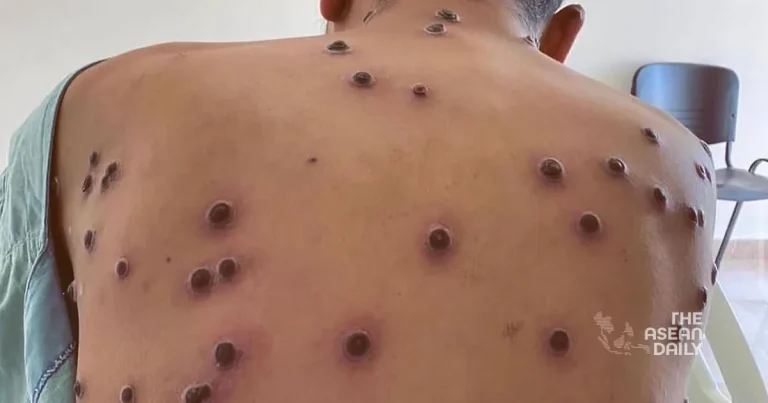19-8-2024 (MANILA) The Philippines’ Department of Health (DOH) announced on Monday, 19 August, that a new case of the mpox virus has been detected in the country, marking the first occurrence since December of the previous year. Health officials are currently awaiting test results to determine the specific strain of the virus.
The patient, identified as a 33-year-old Filipino man, has no history of international travel, raising questions about the potential for local transmission. DOH spokesperson Albert Domingo stated, “We are awaiting sequencing results and will update once available,” when queried about the strain’s identification.
This development comes in the wake of the World Health Organization’s recent declaration of mpox as a global public health emergency, its highest level of alert. The declaration was prompted by an outbreak in the Democratic Republic of Congo that has since spread to neighbouring countries.
Of particular concern is a new variant of the virus that appears to transmit more easily through routine close contact. The first case of this new variant outside of Africa was confirmed in Sweden last Thursday, linked to the growing outbreak on the African continent. Pakistan also reported at least one case of mpox on Friday in a patient returning from a Gulf country, though the strain has not yet been identified.
The newly reported case brings the total number of laboratory-confirmed mpox cases in the Philippines to ten since the country’s first case was detected in July 2022. The DOH provided details on the patient’s symptoms, stating, “Symptoms started more than a week ago with fever, which was followed four days later by findings of a distinct rash on the face, back, nape, trunk, groin, as well as palms and soles.”
Mpox, caused by the mpox virus, typically presents with flu-like symptoms and characteristic pus-filled lesions. While usually mild, the disease can be fatal, particularly for vulnerable groups such as children, pregnant women, and individuals with compromised immune systems, including those living with HIV.




